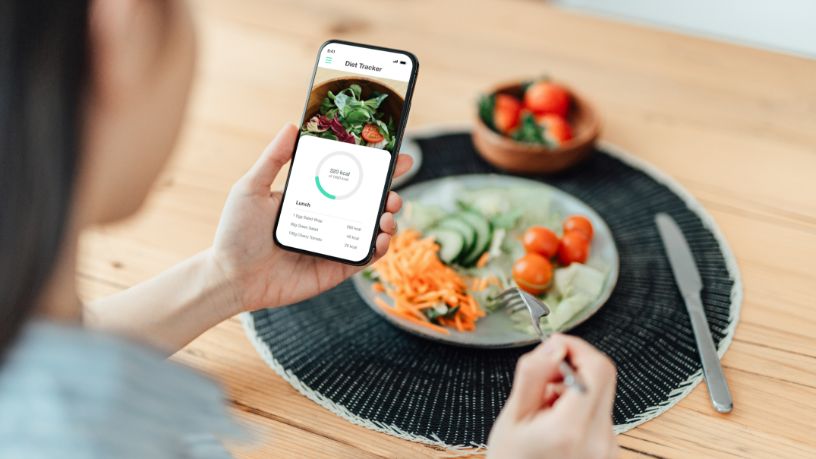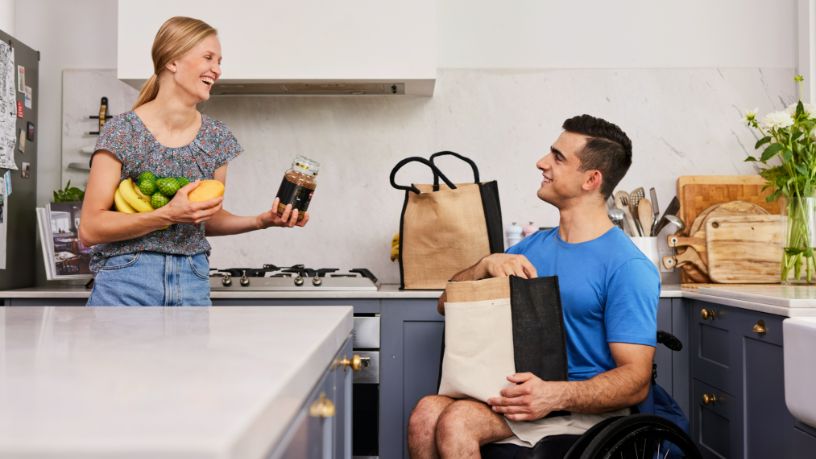Regular exercise (even just incidental) can help you improve the function of your bowel or bladder.
On this page
Key takeaways
Pelvic floor exercises are essential for helping to prevent and treat incontinence, and you can start doing them at any age.
Going to the toilet too often can cause your bladder to shrink if you don’t let it fill up.
Incontinence affects more than 5 million Australians,1 and can have a major impact on a person’s confidence, motivation and independence.
Urinary incontinence is the loss of bladder control. Faecal incontinence is leaking from the bowel.
Loss of bladder or bowel control commonly occurs as we get older or after childbirth. However, that doesn’t mean it’s inevitable.
In many cases incontinence can be prevented, better managed and even cured.
“Ensuring that you stay healthy at all stages of your life, particularly after you retire, can help you avoid incontinence and stay independent,” says pelvic health physiotherapist Annabelle Citroen.
These 5 simple steps can help you control incontinence.
Exercise regularly
We all know exercise is good for our overall health and wellbeing, but 30 minutes of exercise a day can also improve your bowel and bladder function.2
Try to incorporate some incidental exercise into your day. This could mean taking the stairs or walking somewhere instead of driving. Do activities you enjoy such as gardening, dancing, bowling or playing with the kids.
Eat a healthy diet
Having a well-balanced diet with plenty of fibre can help improve bowel function and prevent constipation.
Aim to eat 2 serves of fruit and 5 serves of vegetables a day. When choosing breads and cereals, opt for wholegrain or multigrain varieties.
Drink plenty of water
Caffeine, alcohol and fizzy drinks can irritate your bladder and bowel. Aim to drink 8 to 10 cups of water a day.3 This can keep your bladder and bowel healthy as well as maintain your overall health.
If you’re increasing the fibre in your diet, it’s also important to increase your fluid intake.
Exercise your pelvic floor
Pelvic floor exercises are an important part of looking after yourself.
“Just like other parts of your body, some effort is required to maintain optimal function,” says urological surgeon Dr Samantha Pillay. “Pelvic floor exercises can help prevent and treat bowel and urinary incontinence.”
You can work on strengthening your pelvic floor anytime, anywhere, at any age. Doing these exercises every day can help prevent bladder and bowel problems. There are several phone apps that set reminders to do your daily pelvic floor exercises.
Practice good toilet habits
Going to the toilet ‘just in case’ isn’t always a good thing.
Emptying your bladder too often can cause it to shrink a little, as it never has a chance to properly fill up.
Allow your bladder to fill with enough time to find a toilet. A healthy bladder should empty 4 to 6 times a day.4
Resources
The National Continence Helpline provides support and advice. Call them on 1800 33 00 66 or visit their website.

At Bupa, trust is everything
Our health and wellbeing information is regularly reviewed and maintained by a team of healthcare experts, to ensure its relevancy and accuracy. Everyone's health journey is unique and health outcomes vary from person to person.
This content is not a replacement for personalised and specific medical, healthcare, or other professional advice. If you have concerns about your health, see your doctor or other health professional.
1Healthdirect. (2021). Incontinence – an overview. Healthdirect.
2Australian Government, Department of Health and Aged Care. (2019). Keeping your bladder and bowel healthy. Australian Government,
3Eat for Health. (2013). Australian Dietary Guidelines. Australian Government.
4Continence Foundation of Australia. (2021). Bladder. Continence Foundation of Australia.
You might also like...
How to set goals and actually stick to them
You probably know that it’s important to set goals, but how good are you at sticking to them? Learn to stay on track with this expert advice.
8 tips to make exercising fun (if it isn’t already)
There are people who love exercising... and then there's the rest of us. We’ve put together 8 things you can try to make exercise fun and get moving.
Portion control: Does size really matter?
Trying to get to or maintain a healthy weight? It’s important to make sure you’re eating well-balanced meals and eating enough. Let’s talk portion control.
50 healthy food swaps
Small changes to your diet can have a big impact on your health. To make it easy, we’ve put together 50 healthier food swaps you can make for the whole family.





